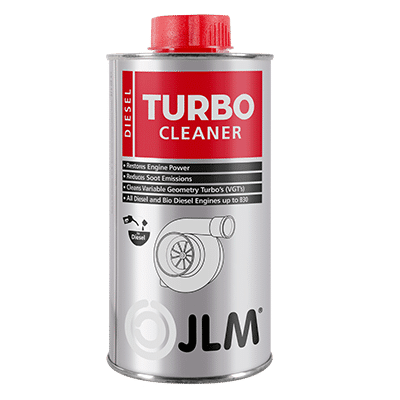Regarding DPF cleaners, where does the professional mechanic stand? Fire Juice where iron is the catalyst.
Or Cerium and Platinum – the precious metals in the JLM Lubricants’ DPF Cleaner.
Let’s dig a little deeper.
In an ideal world the DPF would enter a regeneration cleaning phase where the temperature in the filter is artificially elevated to burn off the particles, thereby reducing its soot load. For this to happen the vehicle must be driven for a minimum distance and at high revs on the motorway. But the regeneration cycle must complete.
In the real world this rarely happens. Many diesel vehicles are driven in environments where these higher temperatures are never attained. Stop- start, short journey driving is no friend to the DPF. Throw poor maintenance and a lack of regular servicing into the mix and the particle load in the DPF will continue to rise with no ‘burning off.’ This can result in a complete blockage of the filter.
With the DPF warning light on the vehicle heads to the workshop. And here’s where it gets serious.
Technician A chooses an iron-based product (Fire Juice). This commonly used catalyst assists particle burn by artificially increasing the temperature in the DPF. Although achieving the overall aim of reducing the filter’s particulate load, the elevated temperatures of up to 800c risks causing irreversible damage to the DPF core – especially if the vehicle has already had several bottles of Fire Juice.
Technician B chooses the JLM Lubricants’ DPF Cleaner. With its Cerium and Platinum base carbon deposits in the DPF burn off at a much lower temperature than the iron-based Fire Juice – around 400c. This not only helps protect and extend the life of the DPF core, but it also produces less ash, again extending DPF life.
Technician B is one of a growing army of thousands of mechanics worldwide that use the JLM Lubricants’ DPF Cleaner. It costs a little more than Fire Juice, but it works. An iconic bestseller that is part of the Repair Over Replace and Products over Parts movement. However, there are still too many technicians that use the iron-based DPF cleaning products.
Don’t be one of them.
Choose a product you can stake your reputation on, that will build workshop revenues on the back of a job well done, fuelled by delighted customers. Recent research from Castrol indicated the importance of technicians explaining to their customers why they only use high quality products on their vehicles. It also revealed that motorists are happy to pay more for the additives used on their car as part of servicing, repair, and maintenance. They trust their technician’s expertise and knowledge. But techs must research product credentials over marketing hype and a too- good- to- be- true low price.
So, if cleaning DPFs is part of your service offering head for a product that’s best in class; one that has earned the Trade Trusted badge. It’s the one with Cerium and Platinum; with JLM Lubricants on the label.
And say No to Fire Juice!

